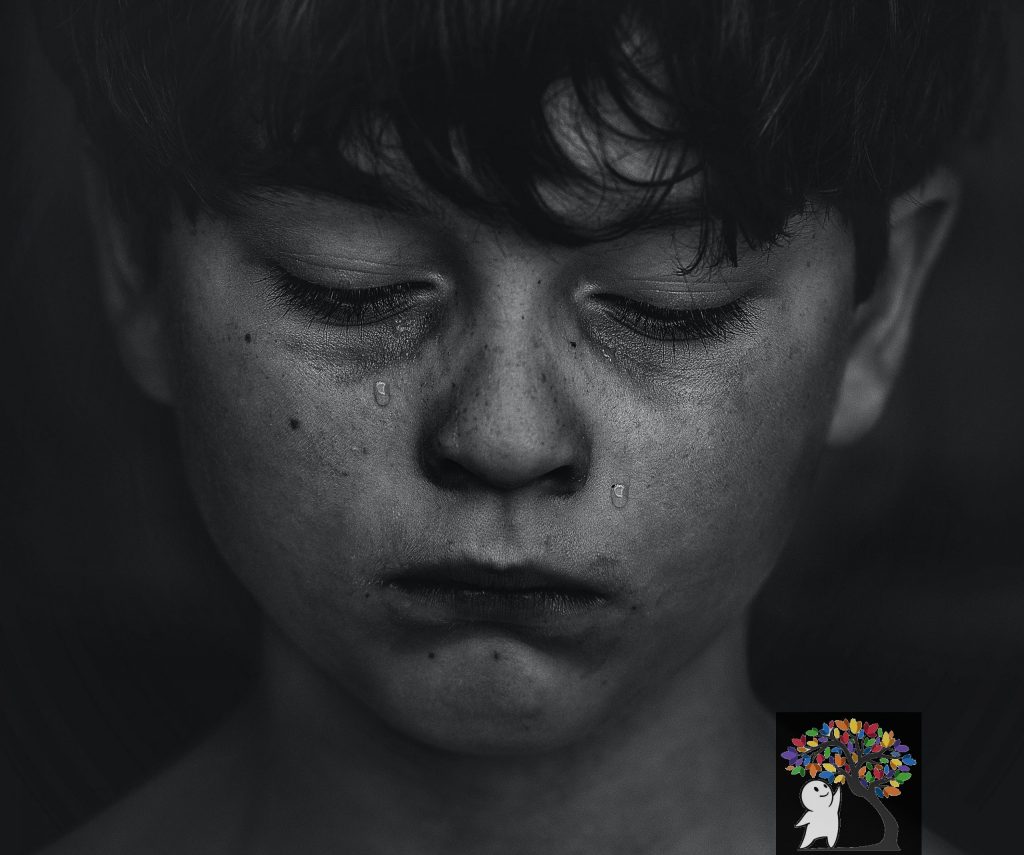7 Habits Of a Self-Destructive Person

7 Habits Of A Self-Destructive Person
The human mind is one of the most beautiful and complex features that makes us what we are. Each human mind is unique in terms of how it functions and how it reacts to different life situations. However, they all have similar natural tendencies. One of these is the self-destructive behaviour and habits that we have. Self-destructive behaviour is described as actions we do that are sure to cause harm to ourselves. Everyone has done this at least once, whether it is intentional or not (Healthline, 2020). However, problems arise when this behaviour becomes a habit. There are many self-destructive habits that, given the wrong circumstances, could be very harmful for the body and mind. In this article, I will talk about 7 common behaviours of a self-destructive person and focus on the consequences of them turning into habits.
1. Self-defeating mindset
Self-defeating mindset refers to the negative thought that you have about yourself or your relationship with others, impacting self-esteem (Star, 2019). A self-defeating mindset can become a self-destructive habit because it does not allow us to be the best version of ourselves, and caused by no one other than ourselves. Some examples include developing thoughts like “I won’t be able to make it”, or “I’m not good enough for this” before even going into different life situations.
2. Hiding from emotions
Hiding from emotions refers to the failure to acknowledge emotions (both positive and negative), which results in a forced deception of your emotional state. This leads to both physical and mental health issues imposing additional stress on your body and risking an “outburst” of emotions (Cousins, 2018). Hiding from emotions occurs when a great amount of emotional pain is felt. For example, a close person has passed away, and you feel like it’s better to try not to feel anything to relieve the pain. Over time, these emotions start to build up, and might be much more harmful when they burst out at the same time (Wupperman, 2015).
3. Failing to take action
This is a self-destructive behaviour that, even though passive in nature, could be the cause for most of our problems. Failing to take action refers to knowing that something is not good for us, but not taking steps towards fixing the issue, setting ourselves up for failure (Luna, 2020). One of the most common examples of this behaviour can be seen on people who choose to give more importance to things like videogames over finding a job. This behaviour can become a very difficult habit to remedy and obstruct future attempts at being productive.
4. Forced incompetence
Forced incompetence refers to the mindset that some students and adults have where they will not try to learn and practice if they believe they do not have an innate talent for it. This behaviour can be classified as a coping mechanism for people who are not confident in their abilities. A great example of this behaviour can be seen when someone says, “I’m just not a maths person” (Duczeminski, 2020). Having this mindset, much like the previous self-destructive behaviours, will set yourself up for failure.
5. Social isolation
Social isolation refers to isolating from friends and family, either actively (insulting or being a nuisance) or passively (ignoring calls, texts, invitations). People socially isolate because they believe they are doing the world a favour. In reality, all they are doing is harming themselves and people close to them (Duczeminski, 2020). This results in damaged relationships with the people who love you and can cause other mental problems to arise.
6. Unnecessary self-sacrifice
This refers to being so focused on making others happy that we forget to look and strive for our own happiness. Self-sacrificing gives us a feeling of being “noble” while masking a behaviour of self-sabotaging (Luna, 2020). One of the main examples of this behaviour is deciding to follow a professional career path only because your parents wanted you to do it, resulting in potential mental and physical exhaustion.
7. Alcohol and drug abuse
This could be described as the most dangerous behaviour. Abuse of alcohol and drugs is much more evident in people who are not happy. These substances are known to have effects that allow people to, momentarily, escape their situations. Meanwhile, the world around them keeps going and they will keep falling behind and find themselves in a more difficult situation than before. This can easily turn into a cycle that negatively affects your physical and mental health.
To conclude this article, self-destructive behaviours are very common in every human being. And the importance of people being aware and being able to identify these behaviours cannot be understated. The 7 behaviours/habits mentioned in this article are very common ones and should help increase the awareness of these behaviours. As mentioned before, self-destructive behaviours are very common, however, once they become habits, they become extremely difficult to deal with and might require the intervention of an expert in the field.
References
Cousins, L., 2020. Are There Downsides To Always Trying To Be Positive?. [online] Health Agenda. Available at: <https://www.hcf.com.au/health-agenda/body-mind/mental-health/downsides-to-always-being-positive#:~:text=%E2%80%9CSuppressing%20your%20emotions%2C%20whether%20it’s,memory%20and%20self%2Desteem.%E2%80%9D> [Accessed 22 August 2020].
Duczeminski, M., 2020. 12 Self-Destructive Habits To Eliminate For A Positive Life. [online] LifeHack. Available at: <https://www.lifehack.org/289458/12-signs-self-destructive-people> [Accessed 27 August 2020].
Healthline. 2020. Understanding Self-Destructive Behaviour. [online] Available at: <https://www.healthline.com/health/mental-health/self-destructive-behavior#:~:text=Self%2Ddestructive%20behavior%20is%20when,binge%20eating> [Accessed 22 August 2020].
Luna, A., 2020. 17 Habits Of The Self-Destructive Person (+ How To Stop). [online] LonerWolf. Available at: <https://lonerwolf.com/self-destructive-person/> [Accessed 27 August 2020].
Star, K., 2020. How To Change Your Self-Defeating Beliefs. [online] Very Well Mind. Available at: <https://www.verywellmind.com/change-your-self-defeating-beliefs-2584239#:~:text=Self%2Ddefeating%20thoughts%20are%20any,and%20your%20relationships%20with%20others.> [Accessed 22 August 2020].
Wupperman, P., 2020. Understanding Self-Destructive (Dysregulated) Behaviors. [online] Psychology Today. Available at: <https://www.psychologytoday.com/au/blog/beyond-self-destructive-behavior/201512/understanding-self-destructive-dysregulated-behaviors> [Accessed 22 August 2020].



Responses